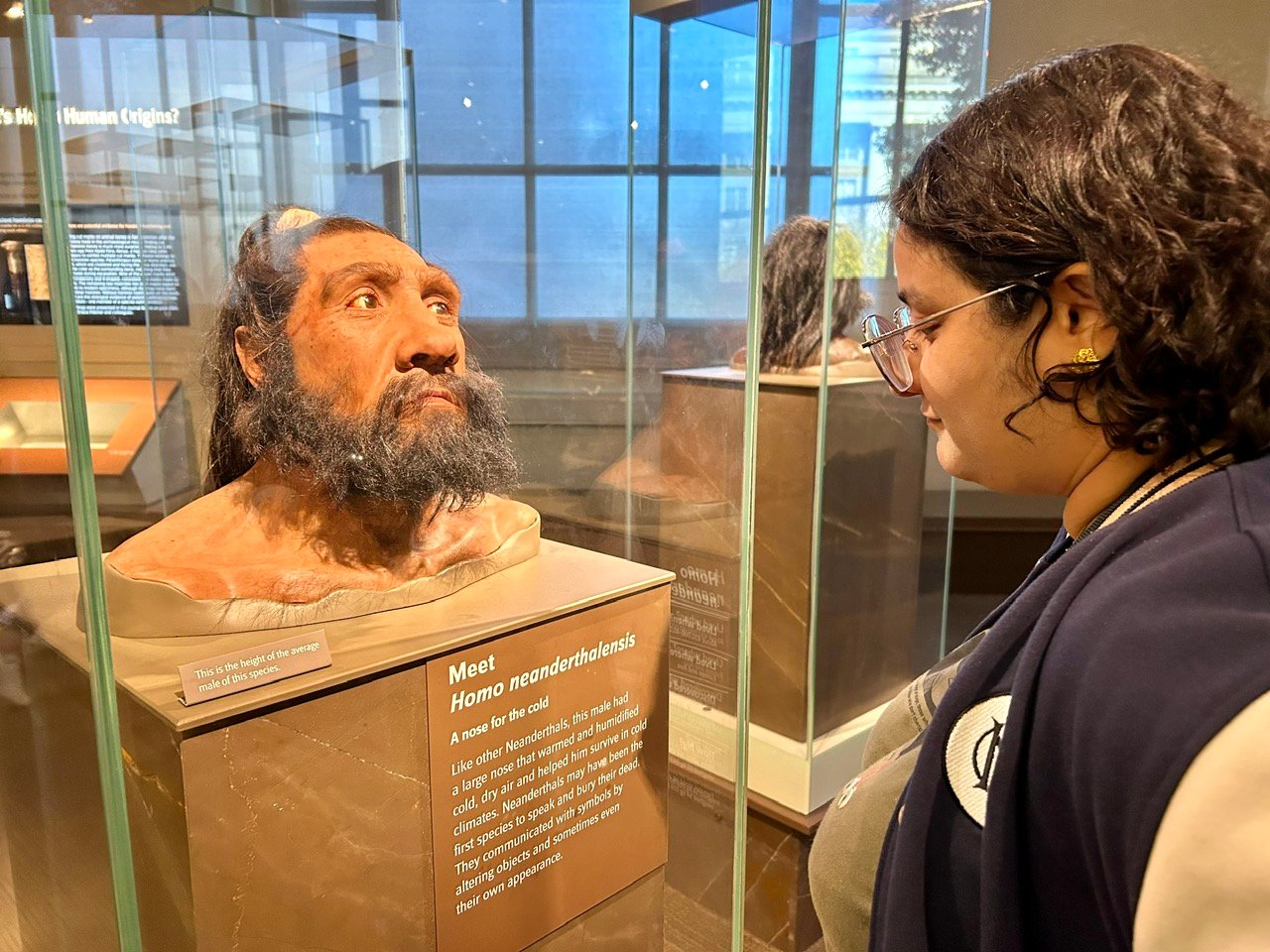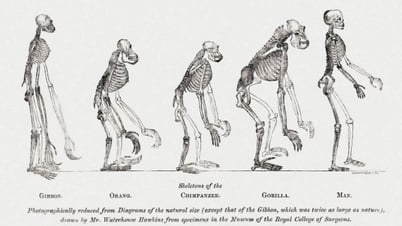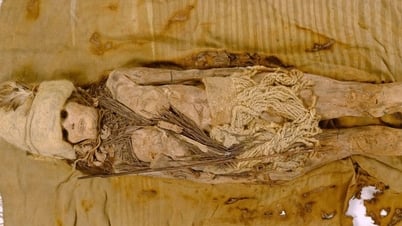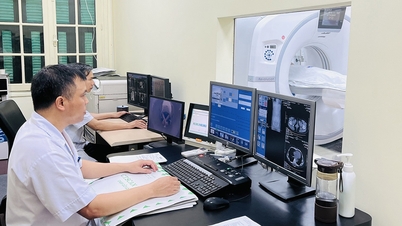In new research, scientists have uncovered unexpected traces of a mysterious ancestral population that provided 20% of modern humans' genetic makeup, and may have made us smarter.

Neanderthals also contributed genes to modern humans.
Scientists have long believed that modern humans descended from a single ancestral lineage. However, new research not only challenges this view, but also raises new mysteries about human evolution.
The split 1.5 million years ago
Based on a complete gene sequencing model, a team of scientists from Cambridge University (UK) discovered that modern humans originated from two distinct populations that separated about 1.5 million years ago.
300,000 years ago, these two populations again combined and created the ancestors of modern humans. The recombination allowed one population, also the ancestors of Neanderthals and Denisovans, to contribute 80% of modern humans' genetic makeup, and a second, previously unknown population to contribute the remaining 20%, according to the report published in the journal Nature Genetics .
“The question of human origins has been a constant pursuit for centuries,” said report author Dr Trevor Cousins of the University of Cambridge. And new genetic evidence has revealed a complex history of human evolution.
Co-author Professor Richard Durbin noted the new report shows that human origins were shaped by extensive evolutionary interactions rather than from a single population.
Why do humans have bigger brains than gorillas and chimpanzees despite being small?
Data from the 1,000 Genomes Project
To draw the above conclusion, the research team from the University of Cambridge analyzed data from the 1,000 Genomes Project, which includes genetic samples from populations around the world .
This approach allowed them to infer the presence of ancestral populations that did not leave direct evidence through fossils.
Unlike Neanderthal DNA, which now makes up about 2 percent of the modern human genome outside Africa, a previously unknown ancient population contributed up to 20 percent of the genes.
Some of the genes from the mysterious human are linked to brain function and neural processing, so likely played an important role in human evolution, according to Dr. Cousins.
Source: https://thanhnien.vn/phat-hien-dau-vet-to-tien-bi-an-gop-20-adn-cho-nguoi-hien-dai-185250320095133801.htm




![[Photo] Hanoi morning of October 1: Prolonged flooding, people wade to work](https://vphoto.vietnam.vn/thumb/1200x675/vietnam/resource/IMAGE/2025/10/1/189be28938e3493fa26b2938efa2059e)

![[Photo] President of the Cuban National Assembly visits President Ho Chi Minh's Mausoleum](https://vphoto.vietnam.vn/thumb/1200x675/vietnam/resource/IMAGE/2025/10/1/39f1142310fc4dae9e3de4fcc9ac2ed0)
![[Photo] Keep your warehouse safe in all situations](https://vphoto.vietnam.vn/thumb/1200x675/vietnam/resource/IMAGE/2025/10/1/3eb4eceafe68497989865e7faa4e4d0e)




















































































Comment (0)